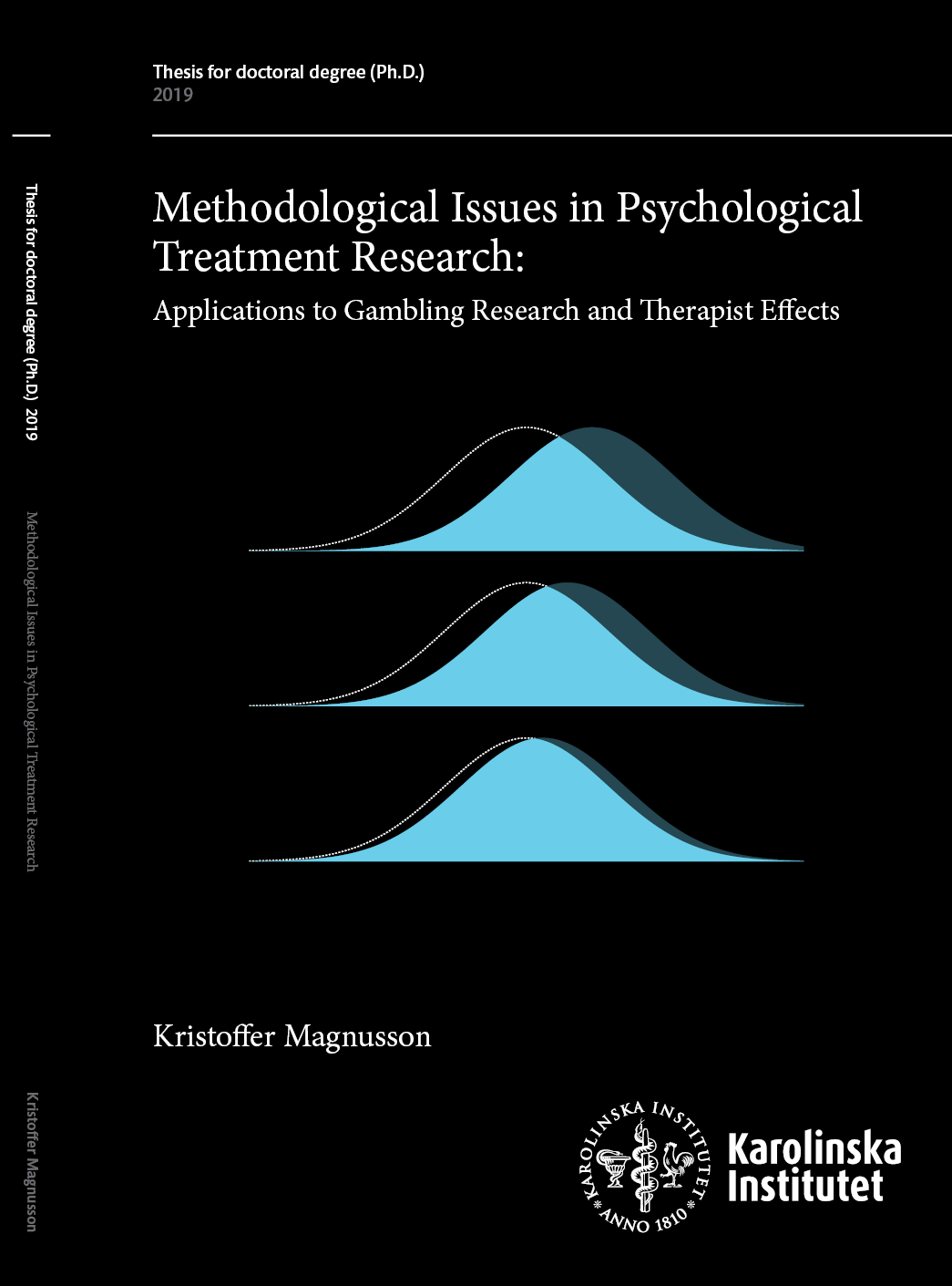Are physical activity and sedentary behavior related to depression?
Depression is an increasing public health concern with rising prevalence. Nevertheless, far from everyone seeks help or receives adequate treatment. Although psychotherapy and antidepressants still constitute the bulk of treatments offered, recent research suggests that physical activity (PA) can be a powerful adjunct therapy while sedentary behavior (SB) is a definite risk factor for developing … Läs mer!









